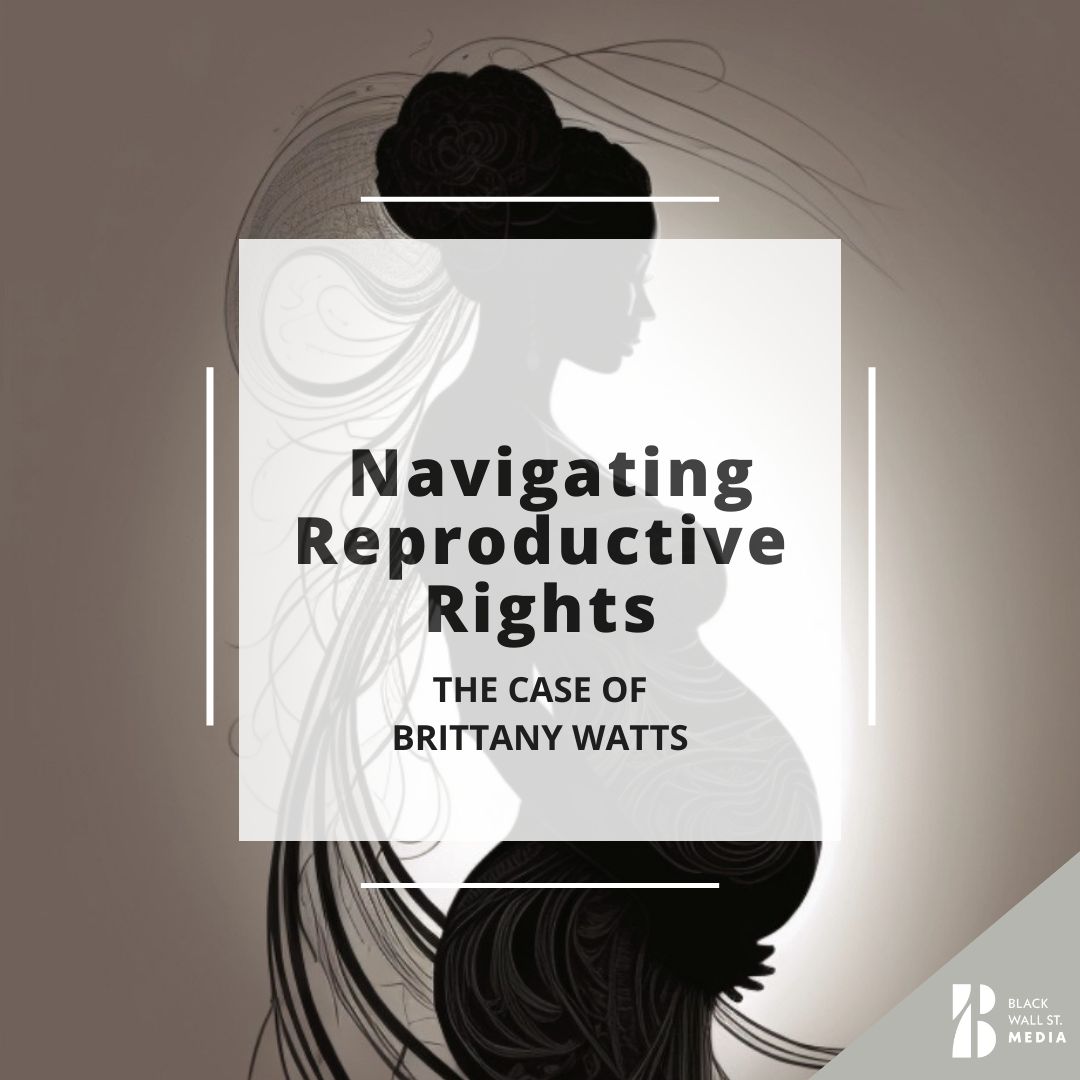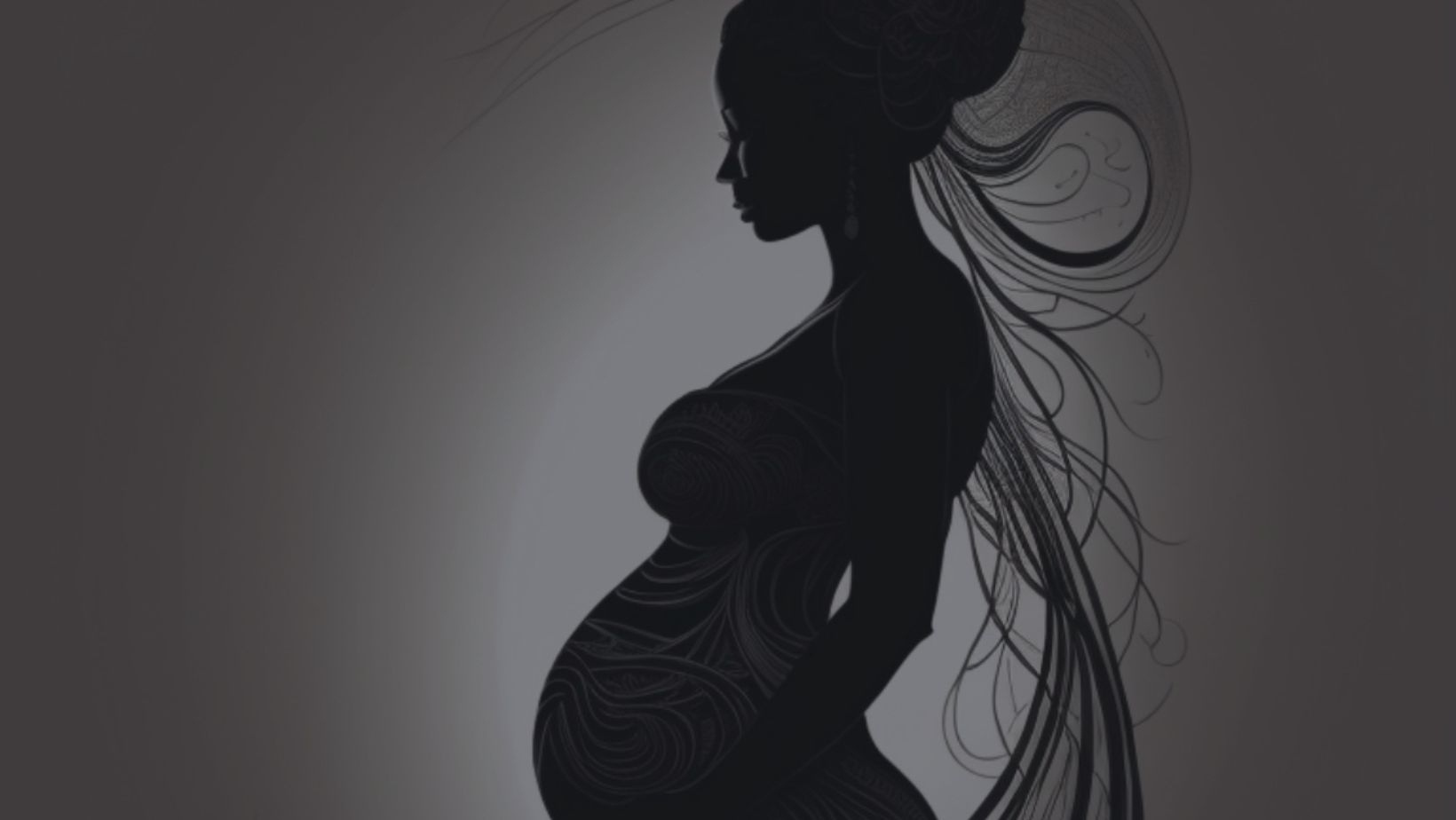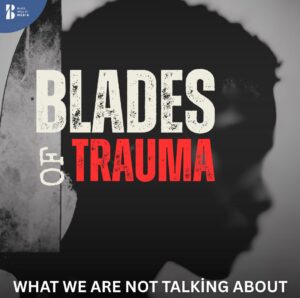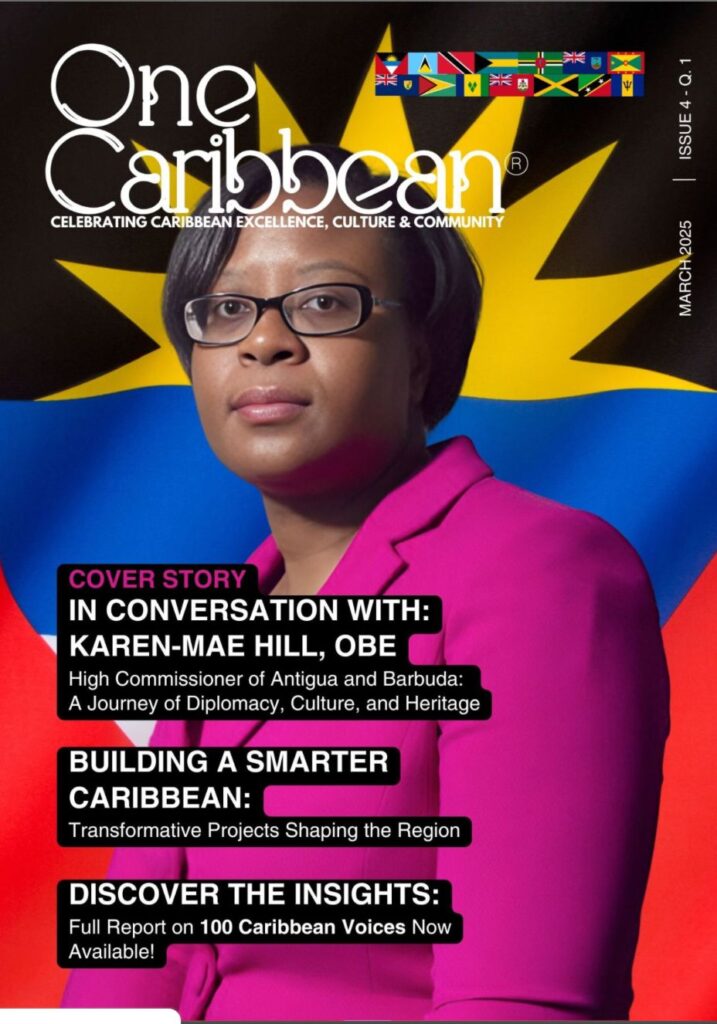Healthcare Justice and Equity
Navigating Reproductive Rights: The Case of Brittany Watts
“Navigating Reproductive Rights: Join the conversation on Brittany Watts' challenging journey, shedding light on the complexities of U.S. reproductive laws. A grand jury decision brings relief, but the fight for justice and autonomy persists.”
Black Wall St. MediaContributor

Brittany Watts found herself thrust into the spotlight when her journey through a tragic miscarriage collided with the complexities of U.S. reproductive law.
Faced with the heartbreaking news from her doctor that her life was at significant risk unless she discharged the fetus, Watts made the agonizing decision to follow medical advice.
However, what ensued was a legal battle that brought international attention to the injustices embedded in U.S. reproductive laws.
Ohio authorities, rather than recognizing the profound and difficult choices Watts faced, initially sought to levy criminal charges against her.
The charge stemmed from the abuse of a corpse section of Ohio law, focusing on the treatment of a human corpse in a way that could “outrage reasonable family sensibilities” or “community sensibilities.”
Recent reports indicate a significant turn of events in Watts’ favor. On a Thursday, a grand jury handed down a “no bill” decision, signifying that no indictment would proceed.
This decision comes as a relief to Watts, who was staring at potential charges under Ohio law, carrying a fifth-degree felony, a $2,500 fine, and a year-long prison sentence if the case had continued. The circumstances leading to this legal battle were profoundly challenging.
At almost 22 weeks pregnant, Watts, faced with thick blood clots, sought medical attention. Her doctor delivered the devastating news that her water had broken prematurely, and the chances of the baby surviving were slim.
Over the next three days, Watts made multiple trips to the hospital before experiencing the miscarriage at home.
Both autopsy results and expert testimony established that the fetus had died in the womb and was nonviable.
The potential charges under the abuse of a corpse section of Ohio law were unsettlingly severe.
Watts, who had already endured the trauma of losing a pregnancy, would have faced not only legal consequences but also a societal stigma attached to such charges. Watts’ case garnered widespread support as it made headlines, with a GoFundMe campaign surpassing its goal.
However, the legal battle was not without its challenges. Initially, Judge Terry Ivanchak issued a ruling suggesting “probable cause” for Watts’ guilt.
The grand jury, comprised of individuals responsible for deciding if there was sufficient evidence for a felony indictment, deliberated for two days, examining seven witnesses before reaching their decision.
Dennis Watkins, the Trumbull County Prosecutor, expressed disagreement with the lower court’s interpretation of the law.
The grand jury’s decision, while a positive development for Watts, does not erase the ordeal she had to endure.
The legal battle forced her to fight for her freedom against criminal charges for a loss that should have been met with love and care.
In the aftermath of the grand jury’s decision, a “We Stand With Brittany!” rally was held by supporters. Addressing the crowd, Watts expressed gratitude to her community in Warren, Ohio, where she was born, raised, and intends to continue her fight.
The implications of such cases extend beyond individual experiences.
In a post-Roe v. Wade world, the criminalization of reproductive outcomes, especially concerning for Black women, raises broader concerns.
Research indicates that Black women have a higher rate of miscarriage than their White counterparts.
Additionally, the Centers for Disease Control and Prevention (CDC) underscores health disparities, revealing that Black women are three times more likely to die due to pregnancy-related issues.
Factors contributing to these disparities include the quality of healthcare, underlying health conditions, structural racism, and implicit bias. Monica Simpson, Executive Director of SisterSong, emphasized the importance of advancing reproductive justice.
While not directly involved in Watts’ case, Simpson acknowledged the positive development of the grand jury’s decision, stating that Watts “deserves reproductive justice, not the threat of criminalization.”
Simpson highlighted the ongoing threat faced by Black women and women of color, who are more likely to be overpoliced when it comes to abortion bans.
As the fight for reproductive justice continues, the need to push back against the criminalization of communities and advocate for bodily autonomy remains paramount.
Brittany Watts’ case serves as a poignant reminder of the challenges individuals face in navigating reproductive rights, and the collective responsibility to address systemic issues embedded in the legal landscape.
Black Wall St. MediaContributor














